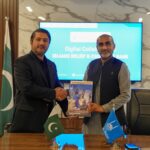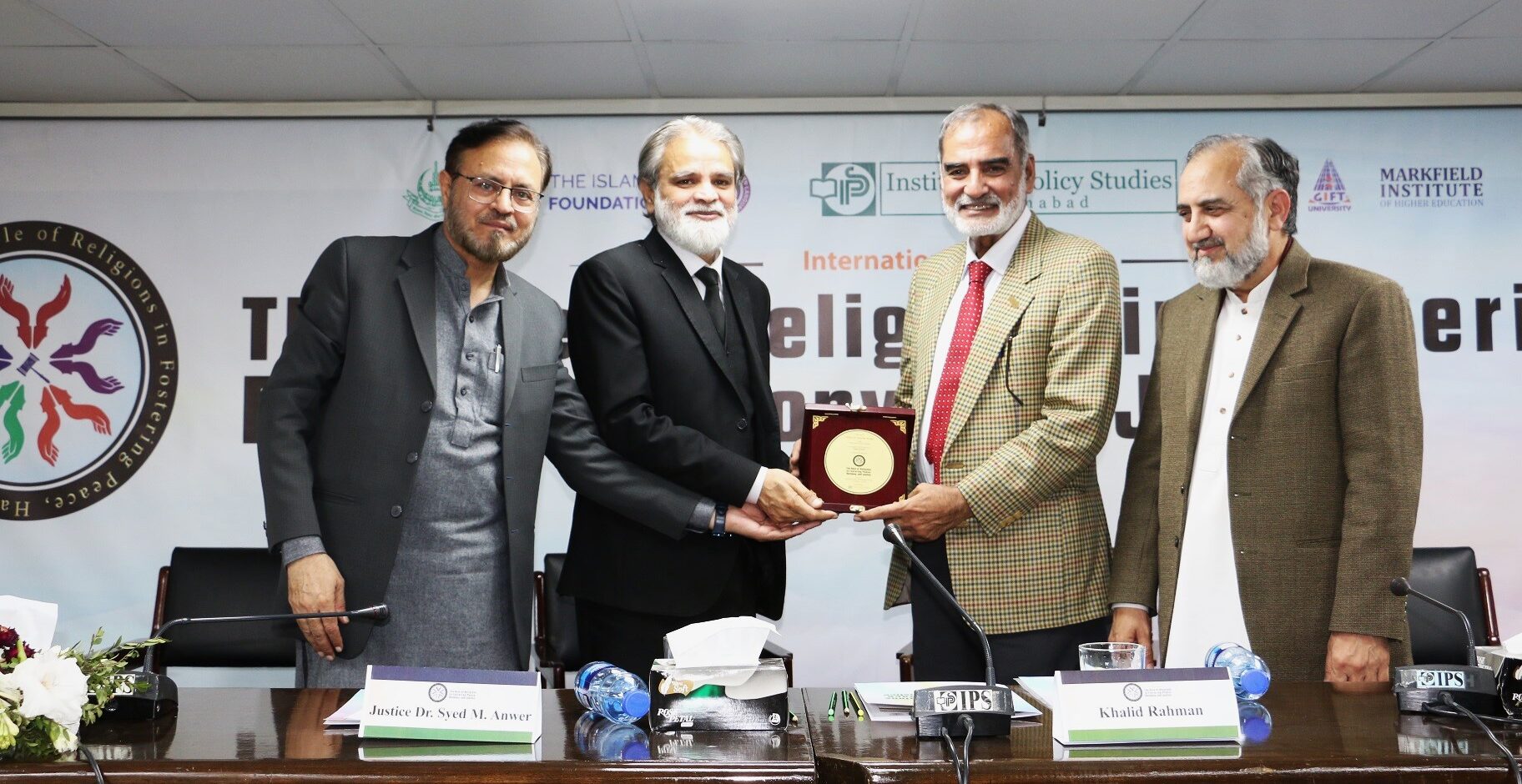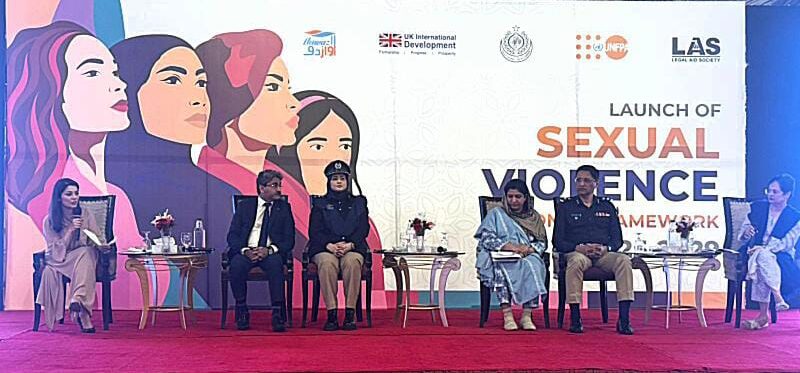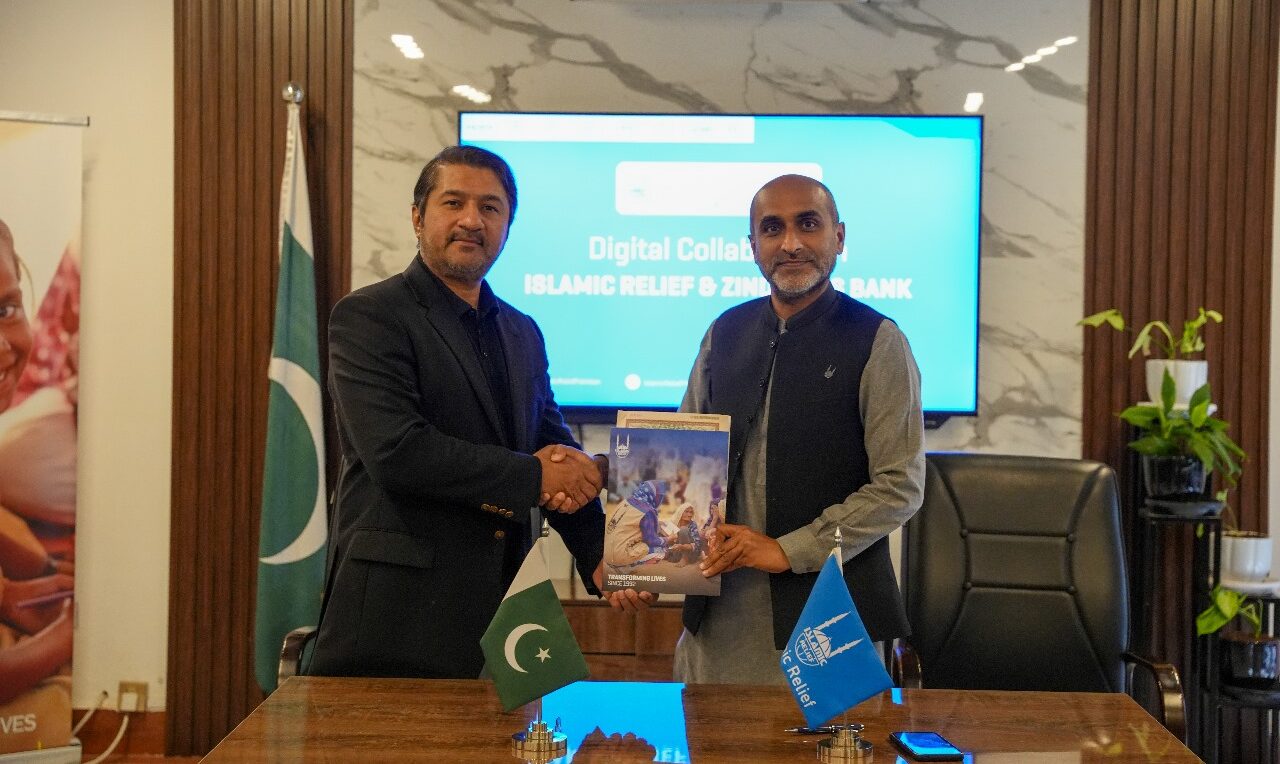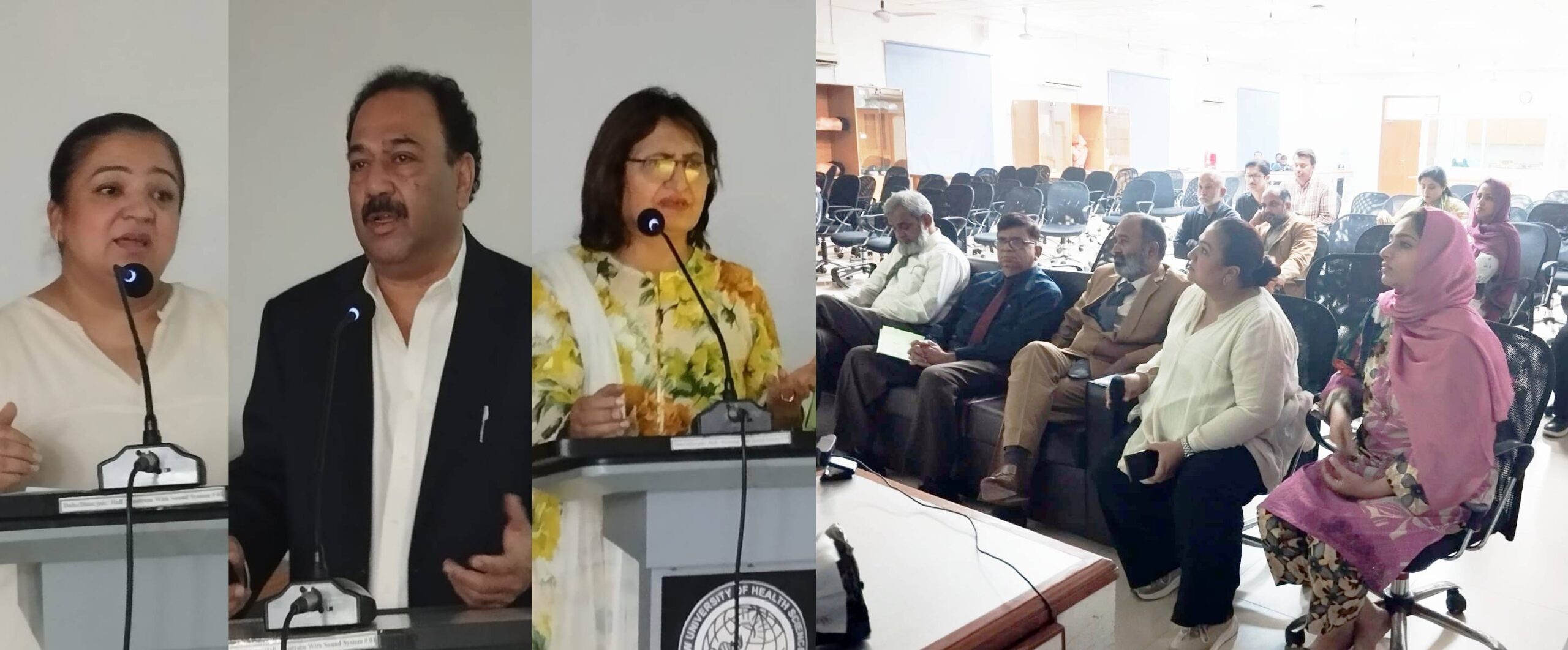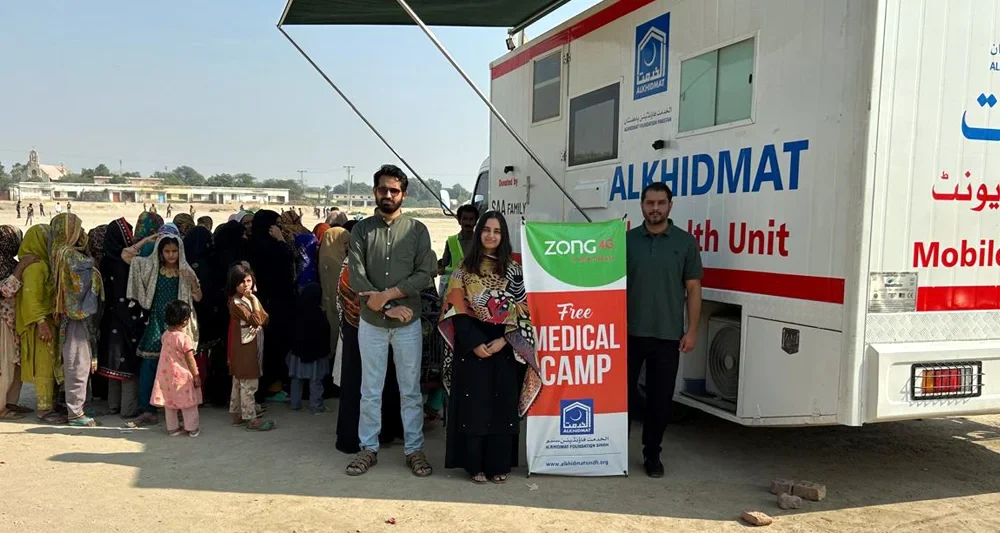KARACHI, December 10th 2024: The obstacles to peace and justice globally are not rooted in religion itself, but in the misinterpretations and actions of its followers. Justice Dr Syed Muhammad Anwer, a judge at the Federal Shariat Court, expressed this view at the concluding session of an international seminar titled “The Role of Religions in Fostering Peace, Harmony, and Justice,” organized by the Institute of Policy Studies (IPS) in Islamabad. He highlighted that when religious teachings are manipulated for personal, political, or ideological gains, it leads to the exacerbation of conflicts and division among people.
The True Essence of Religion for Global Unity
Justice Anwer emphasized that the true teachings of religion, when understood and practiced in their purest form, provide a common ground for global unity. He underscored the importance of teaching and adhering to the genuine essence of religious values to foster peace and harmony across the world. By embodying these principles, individuals can contribute to resolving global conflicts and misunderstandings that arise from the distortion of faith.
Pakistan’s Unique Recognition of Religious Minorities
Justice Anwer also reflected on Pakistan’s distinct constitutional and symbolic approach toward its religious minorities. He pointed out that unlike many other nations, Pakistan recognizes its minorities based solely on their religious beliefs, ensuring that citizens of all faiths are afforded equal constitutional rights. He drew attention to the national flag’s reflection of this inclusivity, which stands as a symbol of unity among Pakistan’s diverse religious communities. However, he acknowledged that while this framework promises equality, its practical application often falls short, urging a renewed focus on promoting and teaching the true values of religion to achieve genuine equality.
Contrasting Experiences in Secular and Religious States
During the seminar, the speakers also compared the experiences of minorities in secular versus religious states. They observed that secular states frequently face challenges in ensuring the protection and rights of their minority populations. Justice Anwer urged religious communities to focus on spreading messages of peace, tolerance, and mutual respect to address these issues effectively. It is important, he said, for religious communities to work towards eliminating intolerance and misunderstanding.
The Role of Elite Structures in Shaping Global Inequities
Khalid Rahman, Chairman of IPS, shared his perspective on the complex process of creating a just and equitable environment. He explained that the prevailing global narratives and political structures are often shaped by powerful elite groups who benefit from maintaining the status quo. These elite groups influence governance and decision-making processes, perpetuating inequalities and conflicts. Rahman argued that the challenges often attributed to religion stem from deeper systemic issues rooted in governance and economic interests.
Religion vs. Systemic Inequities
Rahman pointed out that the inequities and global conflicts observed today are not the result of religious teachings but stem from political, social, and economic systems maintained by those in power. He used the global arms trade as an example, where the world’s largest arms producers are also the countries that promote peace. This contradiction, he argued, highlights the flawed policies of the elite and calls for a reevaluation of governance structures and the interests that perpetuate these issues.
A Moral Framework Beyond Politics
Ambassador Syed Abrar Hussain, in his remarks, underscored the continued relevance of religion in addressing contemporary challenges. He emphasized that despite the dominance of secularism in many societies, religion continues to offer a unique and valuable moral framework for promoting empathy, inclusivity, and coexistence. He called on religious communities to introspect and take responsibility for countering the misuse of religion for violent, prejudiced, or political purposes. By focusing on moral persuasion rather than coercion, faith communities can work together to uphold peace and harmony in their societies.
A Call for Collective Responsibility
The seminar concluded with a powerful appeal by Professor Dr Mohyuddin Hashmi, who stressed the importance of collective responsibility in combating violence and prejudice. He urged religious leaders and communities to confront these issues head-on by teaching the true essence of their faiths. Hashmi emphasized that all religions share core values of peace and respect, and it is essential for followers to uphold these teachings in their everyday lives to foster a more harmonious and just world.
Conclusion: A Unified Effort for Global Peace
The key takeaway from the seminar was that while religion plays a vital role in promoting peace, it is the distorted interpretations and actions of individuals that hinder its true potential. By returning to the core values of religion and ensuring they are practiced with sincerity and respect for all, global unity and justice can be achieved. Through collaboration and introspection, religious communities can lead the way in resolving conflicts and promoting harmony worldwide.






















































































































































































































































































